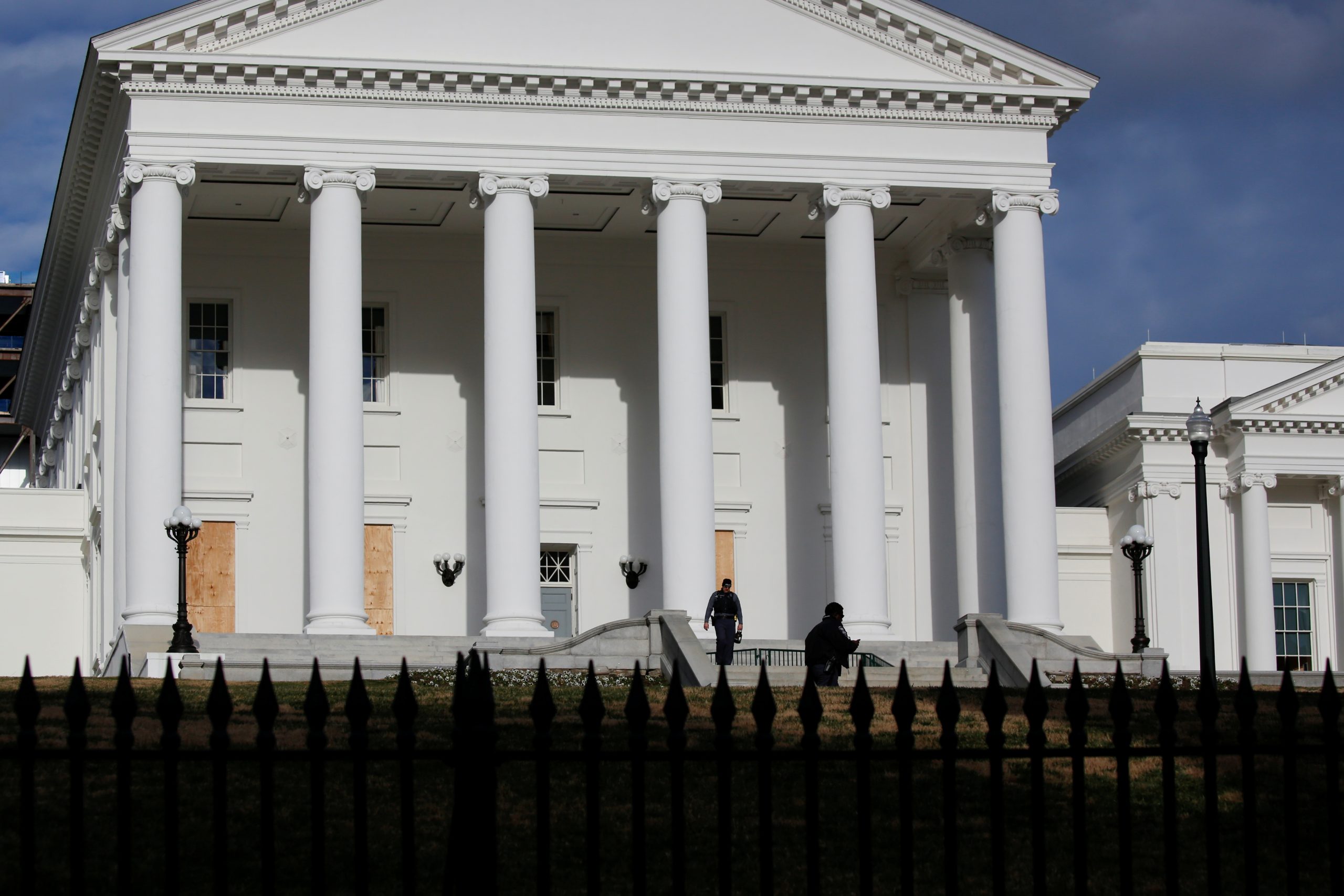Gun rights activists will converge on the Virginia state capital on Monday for an annual demonstration that falls at an especially tense time this year, after the Jan. 6 siege of the U.S. Capitol and two days before the presidential inauguration.
“Lobby Day” has authorities on alert in Richmond, about 110 miles (175 km) south of Washington, D.C., where Democratic President-elect Joe Biden will be sworn in on Wednesday, replacing Republican President Donald Trump.
Lobby Day takes place in a highly polarized climate, following a year in which anti-racist and white nationalist demonstrators clashed across the United States, and as strident Trump supporters cling to hope he can remain in power.
Nationwide pro-Trump demonstrations scheduled for Sunday largely fizzled after the FBI issued warnings and several states deployed the National Guard.
“We’re showing up to remind them that we’re still here,” a gun rights activist, who identified himself only as Trevor, told Reuters outside the Virginia statehouse on Sunday evening, walking the perimeter to help plan the protest.
Virginians traditionally petition their lawmakers on Lobby Day at the start of the state’s General Assembly session, with the pro-gun Virginia Citizens Defense League taking a leading role in recent years.
Other groups including the anti-government “boogaloo” movement will attend Monday, as could liberal demonstrators. Lobby Day always falls on Martin Luther King Jr. Day, a national holiday honoring the civil rights leader assassinated in 1968.
Boogaloo boys also walked the perimeter of the statehouse on Sunday, striking poses with semiautomatic rifles for photographers.
Philip Van Cleave, leader of the defense league, said demonstrators would come from as far away as New York and Texas. The group says it plans to petition state lawmakers to loosen gun curbs, as it has done during many Lobby Days in the past.
“We’ve been doing this for 25 years,” Van Cleve added. “We’ve never had a single problem. No arrests, nothing.”
Police estimated last year’s crowd at 22,000.
(Reporting by Julia Harte, Julio-Cesar Chavez and Ned Parker; Writing by Daniel Trotta; Editing by Clarence Fernandez)

























 Continue with Google
Continue with Google